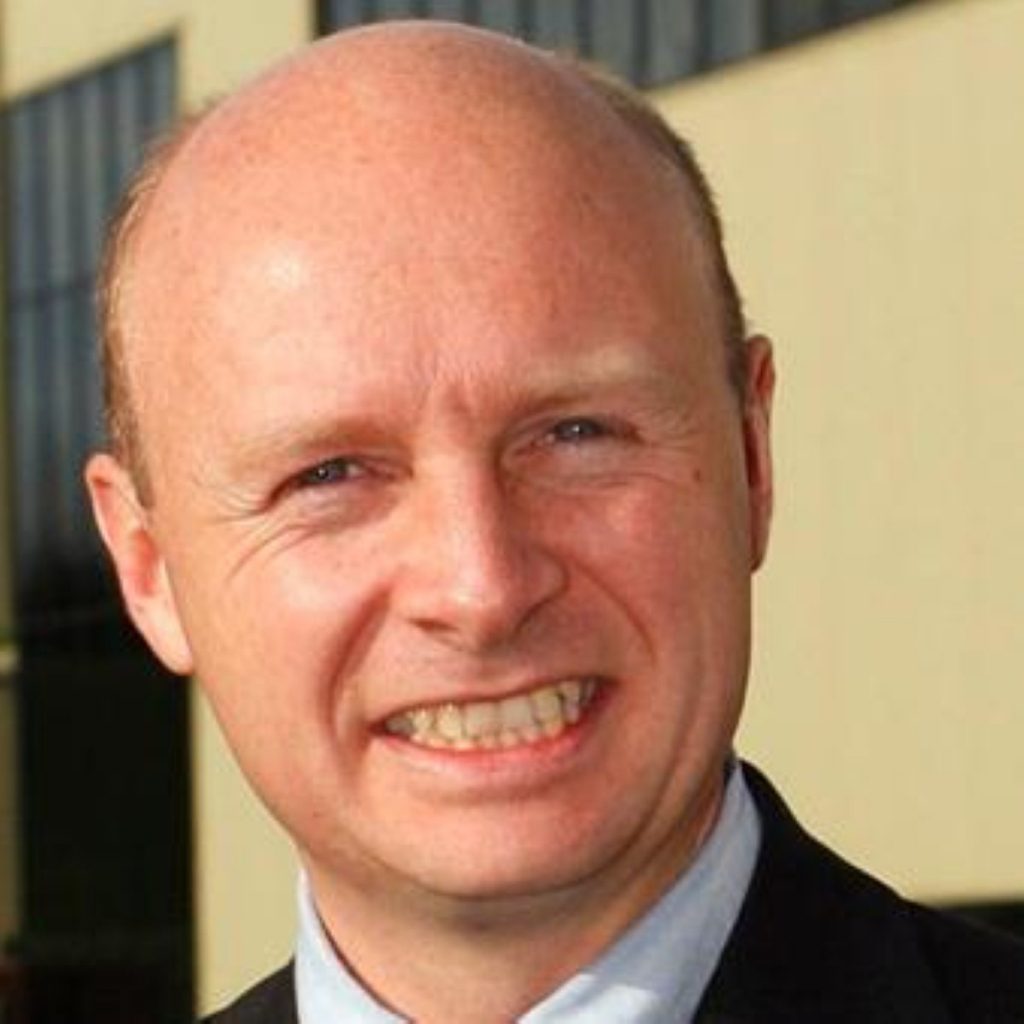Byrne: Civil service ‘not good enough’
Cabinet Office minister Liam Byrne has said the civil service has improved “radically” in the last decade – but is still “not good enough” at delivering change.
His comments about the failings of the government’s bureaucrats came as he gave evidence to the public administration select committee in parliament.
Mr Byrne argued government was, on the whole, good at achieving its objectives but he made clear there were real problems remaining with implementation of ministers’ larger projects.
Committee chairman Tony Wright asked Mr Byrne “what do we [government] not do well?”


Mr Byrne responded: “The central civil service is still not good enough at driving rapidly the business of delivery. I think it’s good – it’s radically better than it was in 1997 – but I think it has still got some distance to go.
“Second, I think that policymakers are not entrepreneurial or innovative enough. I think again that is much better than it was but I think it could be much better than it is today.
“And third, I still think the centre of government isn’t good enough at joining together integrated policy delivery.”
Mr Byrne has in the past boasted about the slimlined nature of Britain’s civil service, which is among the smallest in the world.
He rejected former trade minister Digby Jones’ view that the civil service should be slashed by half – but argued the government had to be able to “be stronger and do more without simply building a bigger bureaucracy in Whitehall”.
Instead, he suggested, civil servants should concentrate on improving their performance across the next decade.
“Over the next decade it is unlikely public spending will grow at the same pace it has grown over the last decade,” Mr Byrne added.
“What that does is it creates a pretty strategic inflexion point.”
The solution, he suggested, was to meet increasing public expectations by doing things differently – through innovation, driving delivery and working together.
Mr Byrne rejected the suggestion that there were too many government ministers, pointing out that when he was an immigration minister, regional minister and Treasury minister at once he wished there were more minutes in the day.
He pointed out in the Department for Work and Pensions there were 20,000 civil servants per minister – and that in the Department of Health the budget per minister was £16.5 billion.
“The Department of Health is bigger than the economy of Argentina,” he pointed out. “I think the number of ministers is broadly right.”









